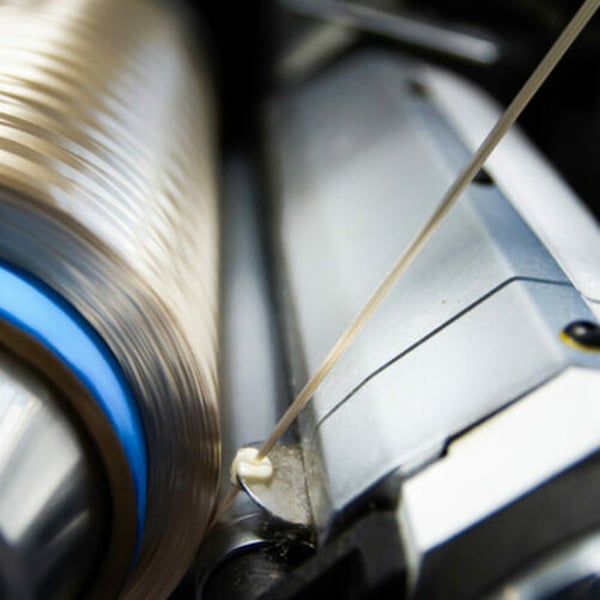Translated by
Nicola Mira
Published
Oct 12, 2023
Last year, Japanese company Spiber built a factory in Thailand that has the capacity to produce five million tons of protein-based polymers generated by biomass fermentation. Spiber intends to start producing polymers in the USA soon, and its innovative fibre has been featured in a capsule collection by outdoor apparel brand Goldwin, available in September at a London pop-up store.
Goldwin wants to use more sustainable materials, and is planning to increase the share of fabrics derived from brewed protein to 10% by 2030. The R&D partnership between Spiber and Goldwin, which began eight years ago, has produced t-shirts, jackets and sweaters, but only in limited quantities because of the initial constraints on the fibre’s output volumes.
“Our process is similar to beer brewing, using a comparable system of vats,” said Kenji Higashi, Spiber’s European representative and the company’s head of sustainable development, talking to FashionNetwork.com. “We have studied the DNA of thousands of natural elements, to identify which type of polymer they can generate once they interact with the bacteria we have developed for this kind of process,” he added.
Spiber was set up with the idea of producing an alternative to spider silk, for lightweight but robust clothes, but the process turned out to be more versatile than expected. Higashi said that Spiber is able to generate spun fibres with a softness similar to cashmere’s, or with nearly the same thermal properties and breathability as wool. The fibre could also become an alternative to fur and leather, with no need for animal breeding.

Spiber’s Thai factory is currently using biomass derived from sugar cane, a very popular crop in the region. “Our goal is to quickly move beyond this, because [sugar cane] cultivation requires extensive use of land, water and chemicals. We want to be able to work with agricultural waste only,” said Higashi, noting that the polymers produced in Thailand are for the time being sent to Japan to be spun.
Spiber’s Thai factory is only a staging post, paving the way for the much larger facility being built in Iowa, in the USA, on a site owned by the ADM agricultural group, which partnered with Spiber in 2020. The idea is to tap the by-products of the local maize industry, which generates vastly superior quantities of raw material compared to those Spiber can access in Thailand. The future facility’s inauguration date has not yet been determined.
In the meantime, to mark Spiber’s ability to produce its fibre on an industrial scale, Goldwin opened a pop-up store in London on September 29-30, showcasing the items from the brand’s Fall/Winter 2024 collection that utilise this technology, specifically an overcoat (priced at €1,500), an anorak (€1,200) and a pair of performance trousers (€700). Also, a denim jacket priced at €800 and 4% made with brewed protein, giving the fabric a softer touch.

Spiber has 300 employees and already dropped collaborations with Pangaia, Yuima Nakazato and notably The North Face, with which it produced the ‘Moon Parka’ jacket in 2015, subsequently re-issued in an improved version at the end of 2019.
Copyright © 2023 FashionNetwork.com All rights reserved.







